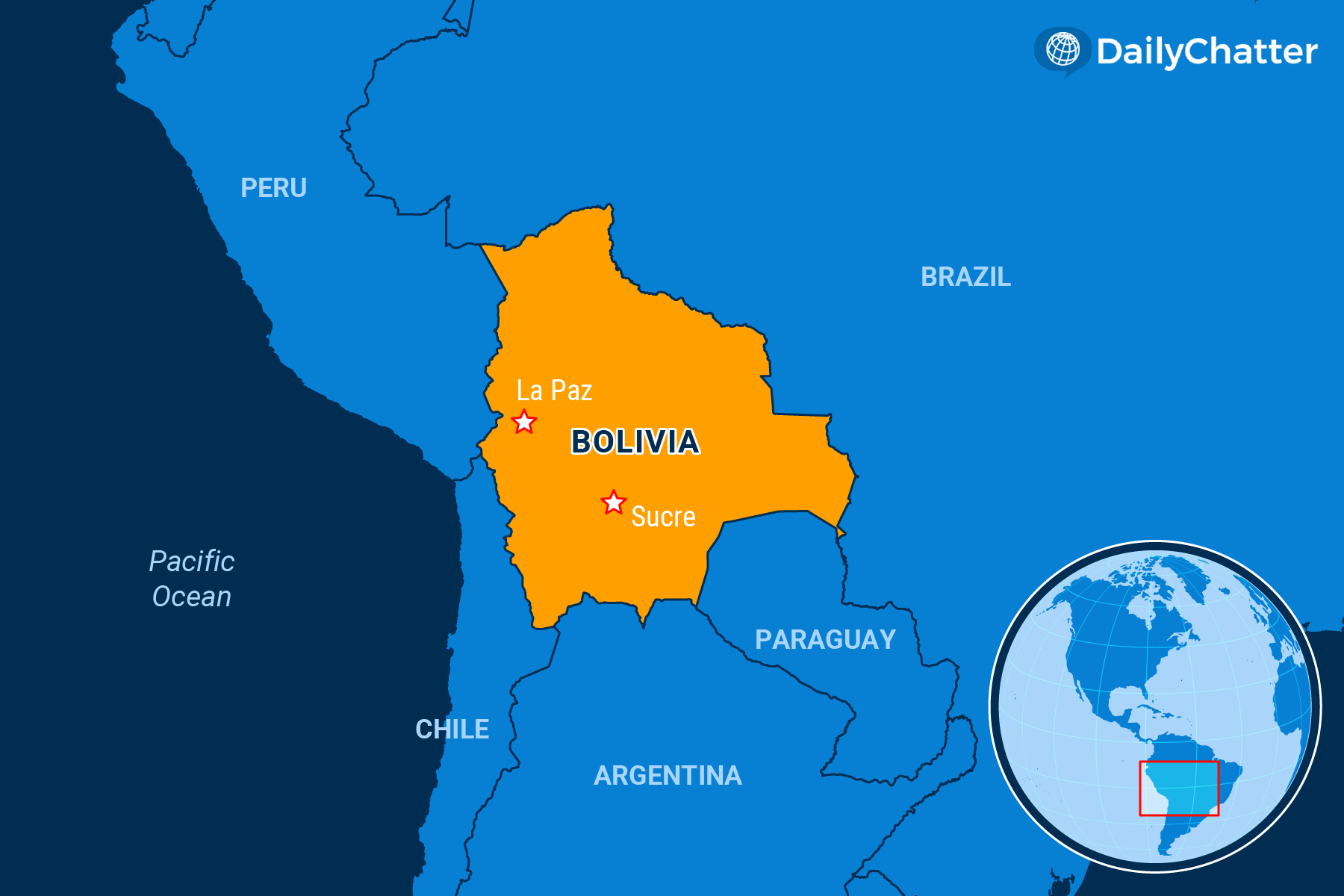BOLIVIA

The Do-Over
The US allegedly backed a military coup against the leftwing government of ex-president Evo Morales in Bolivia late last year. If that is the case, the coup’s impact doesn’t appear to be lasting.
The former senator who became interim president after Morales resigned under pressure from the military, Jeanine Anez, recently decided not to run for office in a bid to unite the opposition against the Movement Towards Socialism, Al Jazeera explained.
“Today I put aside my candidacy for the presidency of Bolivia, for the sake of democracy,” Anez said in a video addressing the nation. “If we do not unite, Morales will return. If we do not unite, democracy loses.”
But polls recently found that Luis Arce, the candidate from Morales’ Movement Toward Socialism political party, is widely expected to win the first round of voting on Oct. 18, Reuters reported.
The Americas Society/Council of the Americas cited polls suggesting similar results. Anez has yet to endorse another candidate, and her supporters are splitting between Carlos Mesa, a centrist former president, and rightwing Catholic civic leader Luis Fernando Camacho.
Leftists worldwide view Morales, as the first indigenous person to become a head of state in South America, as an icon. He might have had the stature of Nelson Mandela if he had simply accepted the results of a 2016 referendum to determine whether he could run for reelection, argued Texas A&M political scientist Diego von Vacano in the New York Times. Instead, Morales had a court annul the results.
Also, his administration was rife with corruption. His machinations to win an unprecedented and arguably illegal fourth term were too much for the country’s security forces who decided to pull the plug on his 14 years in office, wrote the National Review.
The military’s record has been no better if not worse, however, according to Mark Weisbrot, co-director of the Center for Economic and Policy Research in Washington. Writing in the Guardian, he said, “Bolivia has descended into a nightmare of political repression and racist state violence since the democratically elected government of Evo Morales was overthrown.”
The targets of racist state violence in Bolivia are indigenous communities, wrote leftwing magazine Jacobin in an interview with Movement Toward Socialism vice presidential candidate David Choquehuanca. That discussion includes the candidates’ deep historical thinking about the legacy of Spanish colonialism in Bolivia, the roots of much of the political battles in the country’s halls of power.
Irrespective of who wins, many in Bolivia are at least celebrating that democracy allows for do-overs.
No comments:
Post a Comment